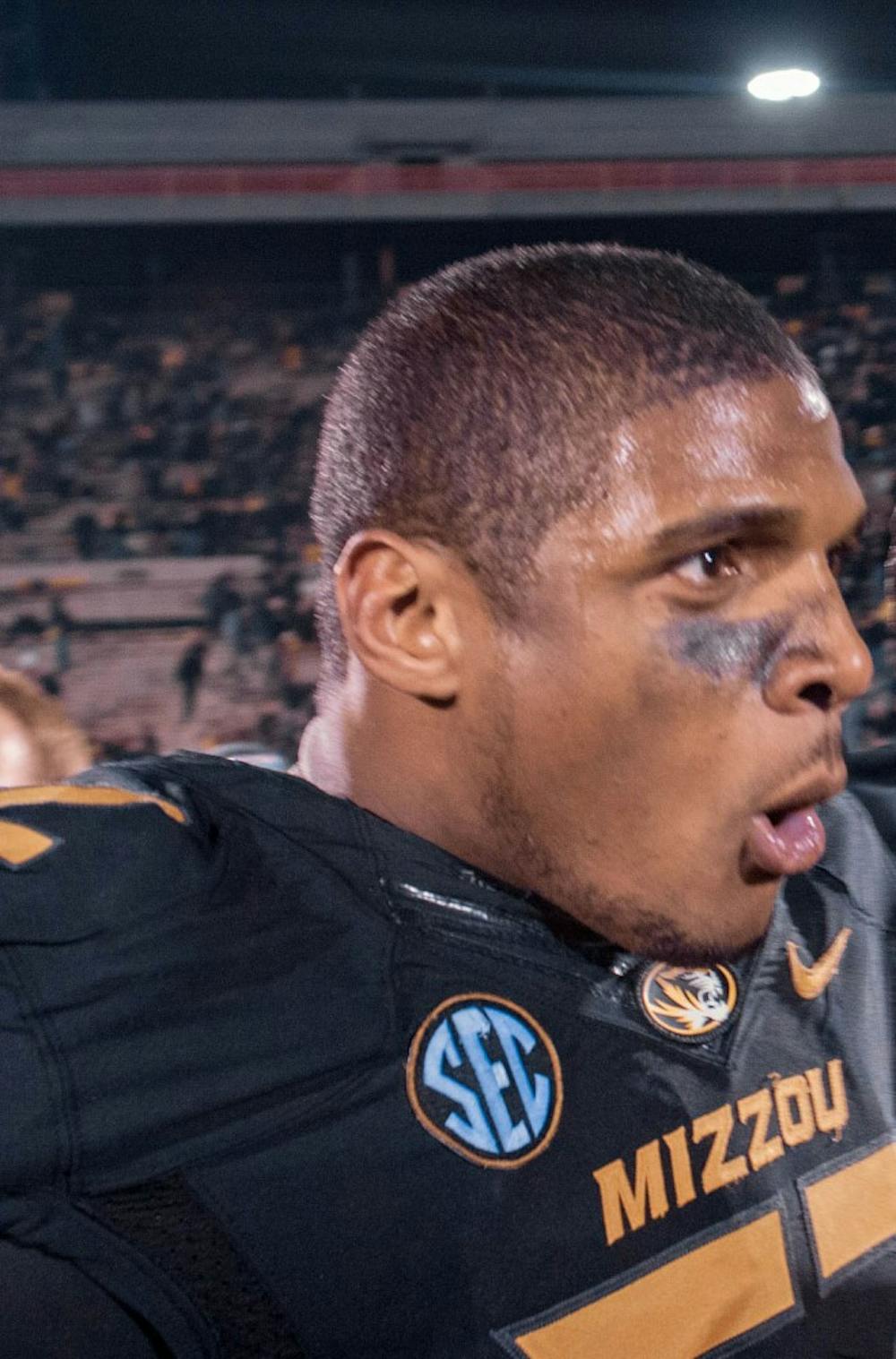Valentine’s Day is fast approaching. The candy section at Kroger has taken a turn for the heart-shaped, the cheesy jewelry ads are out in full force, and the less festive of us just want to fast forward through the whole ordeal. But this year, that’s not an option. Valentine’s Day and the week leading up to it coincide with events much bigger than chocolate hearts.
The Winter Olympics in Sochi brought many LGBTQ issues to the surface on an international stage. In the wake of homophobic policies and comments from Russian president Vladimir Putin, human rights activists pounced on the Olympics as an opportunity to demand change — some going so far as to suggest a boycott of the games altogether. Of course, that opinion was hardly a popular one, and the Olympics are well under way with American athletes chasing the gold.
The Olympic Charter prohibits political demonstrations at the games, but that’s not to say that athletes will remain silent in the next few weeks. That very charter includes Principle 6, which states that discrimination against any country or person does not belong at the Olympics. In addition, athletes are permitted to make political statements away from competition. With high-profile names like Brian Boitano, Caitlin Cahow and Billie Jean King on the U.S. Delegation and Johnny Weir providing analysis for NBC Sports, the whole world seems to be waiting for something to develop in Sochi.
The biggest news of late, though, happened on American soil. I’m referring, of course, to Mr. Michael Sam.
Sam, star lineman at Missouri, the SEC Defensive Player of the Year, and NFL draft prospect, publicly came out earlier this week and has dominated recent sports headlines. Should he be drafted in May, he would be the first openly gay player in the NFL. He has understandably received a lot of media attention this week, and he will continue to do so because his choice to come out was a big deal.
But it shouldn’t be.
Belle Brockhoff, an Australian snowboarder, is an openly gay athlete competing in Sochi. The 21-year-old came out in response to Russian policy before her trip to the Olympics and is now one of the most outspoken advocates for LGBTQ policy change. She has embraced the role and, if she wins a medal, she hopes to use her platform to spread her message — embracing her identity not as a gay athlete, but as a champion.
Ireen Wüst just became the first openly bisexual athlete to win an Olympic gold medal in the women’s 3,000m speed skating event, but after her victory, the last thing she wanted to talk about was her sexuality. She wanted to talk about skating.
An athlete wanting to talk about athletics? Now there’s a novel idea.
That’s what Brockhoff, Wüst and Sam are, though. They’re athletes — talented, hard-working athletes who also happen to be LGBTQ. It’s a shame that, once they decided to come out, attention shifted from their achievements to their orientation. They — and every other athlete — should be allowed to compete without the weight of social stigma.
Of course, nothing is quite so simple — even though it should be.
In the United States, crushing social pressure discourages gay athletes from revealing themselves. We shouldn’t need sweeping legislation or union action to correct this. The avenue should be open to all athletes as a result of simple open-mindedness and acceptance on the part of team owners, coaches, teammates and spectators alike.
Love is love. Sports are sports, and an athlete is an athlete. An athlete’s sexual orientation doesn’t define him or her, but our choice — to accept or deny a person the same privilege as anyone else — does define us. To remain open-minded may not be any great task, but it could make a world of a difference for the Michael Sams of the future.







